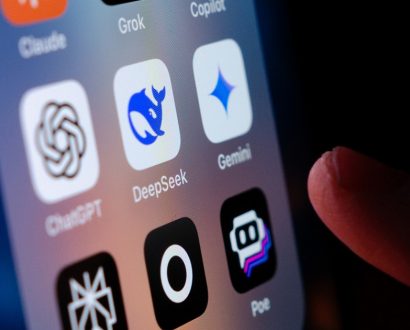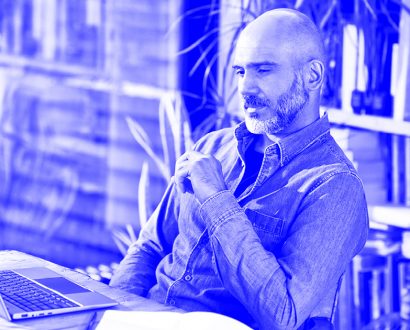For the modern CEO, it can sometimes feel like their job is an endless conveyer belt of challenges. To quote Paulo Coelho, ‘If you think adventure is dangerous, try routine; it’s lethal’.
Fortunately, there were plenty of ideas to spark change at the recent TEDxSydney event, which focused on the theme of being ‘unconventional’, provoking leaders to think of new approaches to typical challenges.
If you think adventure is dangerous, try routine; it’s lethal. – Paulo Coelho
-
It’s okay to feel out of your depth
The fear of being unqualified is something the most senior CEOs think about at some point in their careers but would never dare to admit. Paradoxically, not even success cures this feeling, as Atlassian co-founder Mike Cannon-Brookes revealed. Cannon-Brookes discussed his experience with imposter syndrome, how surprisingly common this mindset is and how to use it as a driving force in leading a business. Rather than freezing under pressure he suggests you embrace the fear and use it as an opportunity for learning. Rather than letting the sense that you’re in over your head overwhelm you, use your fears as a force for good and remind yourself than that even the biggest titans feel small sometimes.
-
You’re only as good as the company you keep
Dr Bronwyn King, who spent her days treating lung cancer patients, discovered to her horror that her superannuation fund was heavily invested in tobacco companies unless a member opted out. As founder and CEO of Tobacco Free Portfolios she works to encourage financial institutions to divest their stock in cigarette companies. She says that customers want to know they can put their faith (and money) in places that don’t strive for profit at any expense. No matter how successful a brand is, social awareness is key and customer trust can’t be easily won back once lost.
-
To make tough decisions, think like a computer
Making decisions is the bread and butter of any CEO’s life, but reaching the best conclusion is no easy feat. Psychology and Cognitive Science Professor Tom Griffiths suggests using the same logic used by computer algorithms for making hard choices. The “optimal stopping problem” is the practice of choosing a certain time to decide an outcome to increase the likelihood that it is in your favour. For example, when buying a house, it’s impossible to see every property in the market. Instead of searching for a perfection that might not exist, your best option is to see 37% of the market and then buy the one that’s better than the average. When it comes to making difficult choices you’re never going to be certain it’s the right one but you can improve your odds by recognising when it’s an optimal stopping problem and taking a quantitative approach.
-
Have your boardrooms reflect your customer base
Incorporating a wider scope of employees, particularly women and people of colour, will not only win customers over but increase profitability. Lawyer and Social Advocate Mariam Veiszadeh highlighted the financial and social benefits of a multicultural workforce. Gender diverse companies are 15% more likely to receive financial returns and culturally diverse companies 35% more likely. Calling it the “diversity dividend”, she says when company employment reflects the multicultural nature of its customer base, consumers are more likely to invest because they know they are being included. People can’t aspire to be what we cannot see so having a boardroom of employees that accurately represents our diverse country is a win–win for everyone.
-
The next big thing is us
The future is all about technology and with that comes a need for people to become creative problem solvers according to Computer Scientist and Engineer Professor Elanor Huntington. She talks about the “engineering of society” that caters to people’s creativity and drives their interactions with each other. It’s important for CEOs to see how technology can help solve the problems in their business rather than create new ones. Technology within a business should facilitate creativity and engage with people to help better the working culture and drive productivity. The new wave of great ideas is not the technology itself, but the people who use it to help us reach those ideas quicker.
Failing to innovate is no longer an option in this ever-changing business world. The takeaway from TEDxSydney is that staying on top requires thinking about new ways to work and adapt to existing methods to stand out from the crowd.







